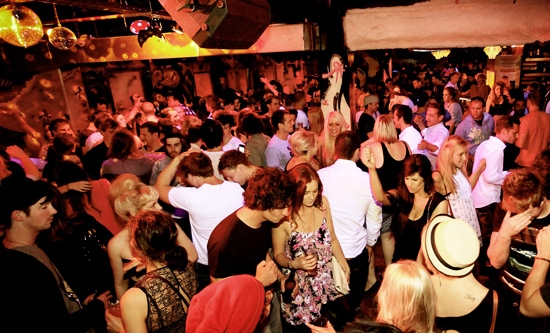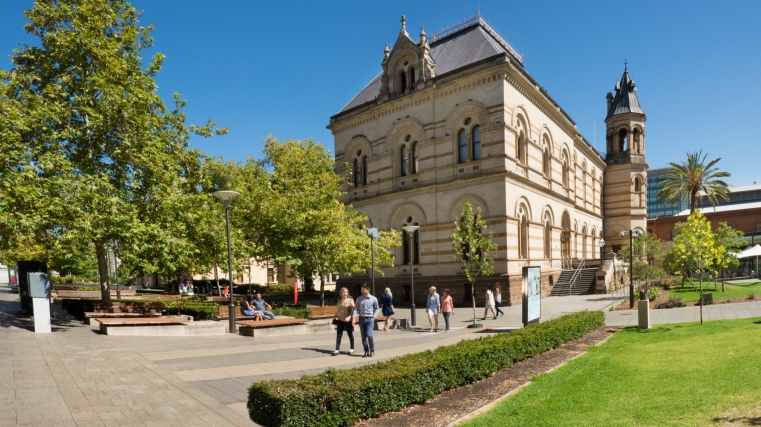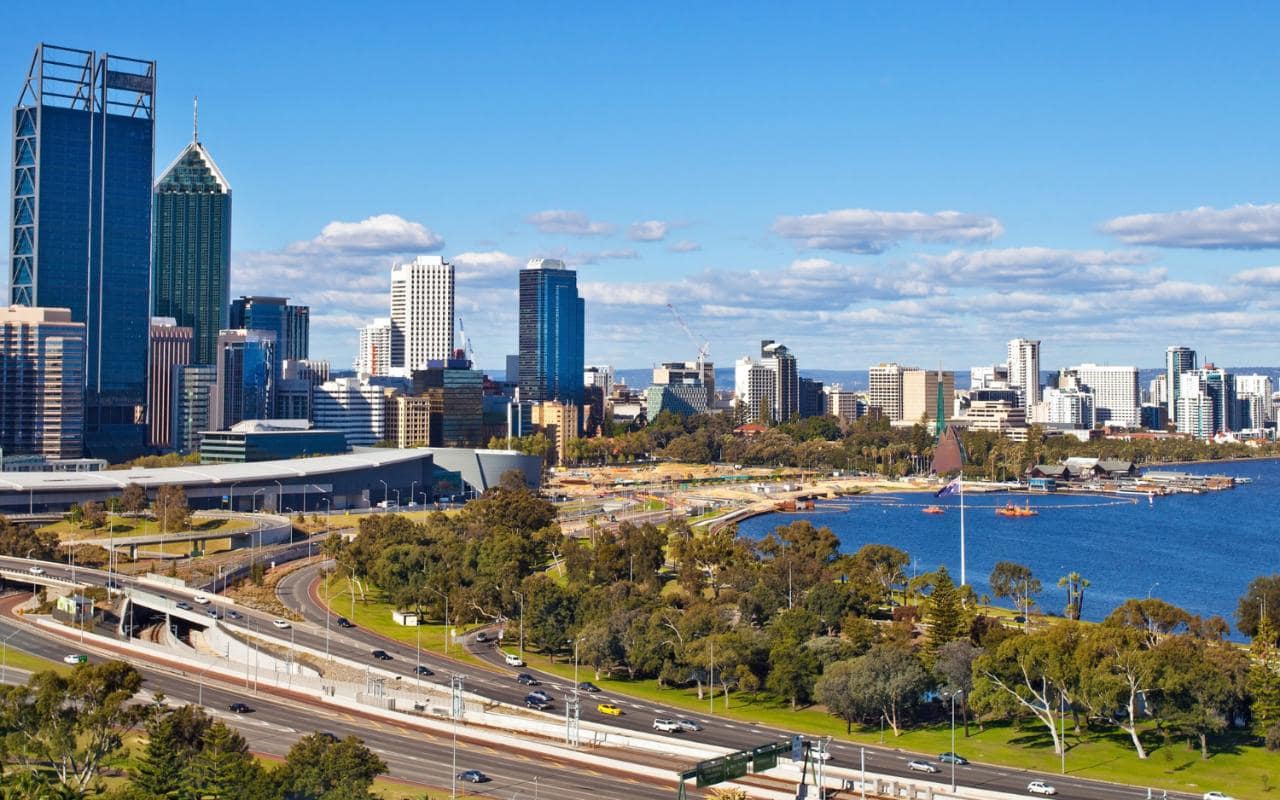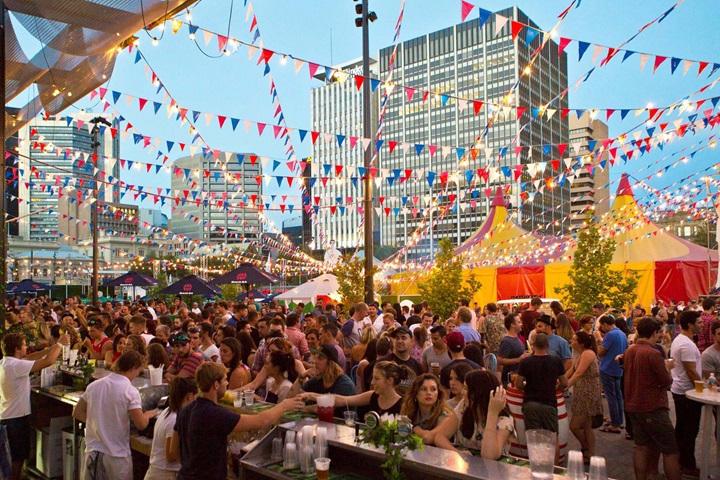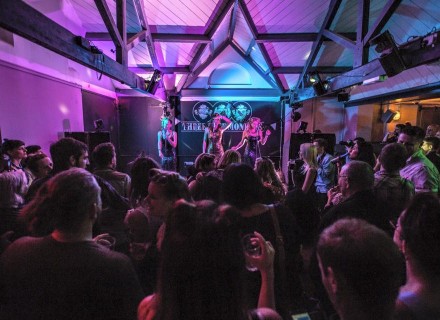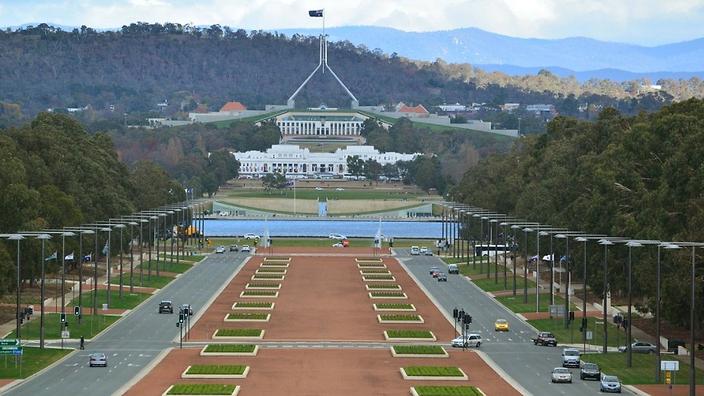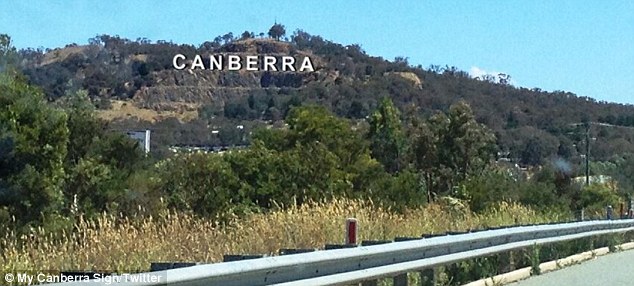Table of Contents
If nursing’s your calling and Australia’s on your radar, Melbourne might just be the perfect match. It’s not just about the coffee culture and trams, this city blends world-class education, practical healthcare training, and one of the best student lifestyles you can ask for. From top-ranked universities to hospitals like The Royal Melbourne Hospital and St Vincent’s, students get early exposure to real-world patient care.
But let’s be real. Nursing school is a big commitment financially, emotionally, and academically. That’s why in this guide, we’re breaking down everything you need to know before you start: the top universities, how long it’ll take, what it’ll cost, career scope, and what kind of scholarships can help make it all possible. Let’s dive in and get you one step closer to that nursing badge.
Why Study Bachelor of Nursing in Melbourne?
If you’re serious about becoming a nurse and want more than just a classroom-based education Melbourne delivers the full package. It’s not just Australia’s #1 student city (and regularly one of the top-ranked globally); it’s also one of the country’s biggest healthcare and innovation hubs. Here’s the thing: nursing is a profession where practical experience matters just as much as theory.
And it’s not just about academics. Melbourne gives international students a lifestyle that’s hard to beat vibrant culture, world-famous food, diverse communities, and plenty of support services. Still wondering why Melbourne stands out for nursing? Let’s break it down:
- Global Reputation for Nursing & Healthcare: 7 Australian universities rank in the global top 50 for nursing (QS Rankings 2024), and several of these are in Melbourne. The city is home to some of the nation’s best teaching hospitals, including The Royal Melbourne Hospital, St Vincent’s Hospital, and Peter MacCallum Cancer Centre.
- Outstanding Employment Outcomes: Over 94.4% of Victorian nursing graduates secure full-time employment within 4 months of graduation (QILT Graduate Outcomes Survey 2023).
- Strong Clinical Partnerships: Students in Melbourne complete between 800 to 1,200+ hours of clinical placements during their degree. You’ll gain hands-on experience in top hospitals, community clinics, aged care centres, and mental health services.
- Top Student City: Melbourne is ranked #5 globally and #1 in Australia in the QS Best Student Cities 2024 rankings. Over 200,000+ students call Melbourne home, including international students from 150+ countries.
- Diverse & Inclusive Community: Over 40% of Melbourne’s population was born overseas, making it one of Australia’s most multicultural cities. The city offers extensive student support services, healthcare discounts, public transport concessions, and cultural events.
How Long Does It Take to Complete a Bachelor of Nursing in Melbourne?
The short answer? About three years. But in reality, how long it takes depends on you, your lifestyle, your goals, and how much time you can commit. For most students, the standard full-time Bachelor of Nursing runs for 3 years, spread across six semesters. It’s a solid mix of classroom learning, simulated practice, and you guessed it plenty of hands-on clinical placements.
The city’s universities partner with some of Australia’s top hospitals and community health services, so your clinical hours aren’t just a formality you’ll be working alongside experienced nurses in real settings from pretty early on. Following are the key details of time duration that it will take for students to finish thier bachelor’s in nursing:
- Standard Full-Time Duration: It is of 3 years and the most common path. You’ll take around 3-4 units per semester, with some electives sprinkled in. Expect to start clinical placements as early as Year 1, ramping up in Years 2 and 3. The academic year typically runs from late February to November, with breaks in between.
- Accelerated Options: This one is of 2.5-3 years. Some universities, like Monash or Deakin, offer accelerated pathways using trimesters or extended semesters. You can also save 6-12 months off your degree but it’s intense. Often includes summer study periods and fewer breaks. Accelerated courses may not always be open to international students, due to visa work-hour limitations.
- Clinical Placements: It’s of 800 to 1,200+ hours. ANMAC mandates a minimum of 800 hours but most Melbourne unis go beyond this. Many offer around 1,000-1,200+ hours, giving you broader exposure. Placement sites include: The Royal Melbourne Hospital, St Vincent’s Hospital Melbourne, The Alfred among others. In 2023, over 95% of nursing grads in Victoria had completed at least 1,000 clinical hours by graduation.
- Part-Time Study: In this case, it will take 5 to 6 years. Great option if you’re balancing study with a job, family, or other life stuff. Most universities in Melbourne (e.g. RMIT, La Trobe, Victoria University) offer flexible or part-time enrolment. You’ll progress at your own pace, often taking 2 units per semester. Same degree, same clinical requirements and just spread out.
According to Universities Australia, nearly 1 in 5 Bachelor of Nursing students nationally study part-time and in Melbourne, the flexible options are some of the best supported in the country.
What Are the Eligibility Criteria for Bachelor of Nursing in Melbourne?
Before you apply for a Bachelor of Nursing in Melbourne, you need to meet some basic entry requirements. Since nursing is a very important job you’re caring for people after all universities follow strict rules about who can join the course. Most of the criteria are the same across universities, but some unis may ask for a bit more. So, always check the exact details on their website. Here’s what you’ll usually need:
- Academic Requirements: You must have completed Australian Year 12 or an international equivalent (like Indian HSC, A-Levels, IB Diploma, or US/Canadian High School Diploma). You should have good marks in English (this is compulsory), and it helps to have done Biology, Chemistry, or Health Science too.
- Required Grades: If you’re an Australian student: your ATAR score should usually be between 65 and 80 (depending on the university). For international students: your GPA should be about 75–85% or 2.5–3.0 out of 4.
- English Proficiency: If English is not your first language, you’ll need to show that you can understand it well enough to study and work in healthcare. Here’s what you need: IELTS (Academic): 6.5 overall, with no band lower than 6.0, TOEFL iBT: 90 or higher and PTE Academic: between 58–64.
- Other Requirements: You must pass a criminal background check before you start clinical placements. You need to be fully vaccinated before starting placements. Required vaccines usually include: Hepatitis B, Measles, Mumps, Rubella (MMR), chickenpox (varicella), whooping Cough (pertussis), Influenza, and COVID-19.
- Statement of Purpose (SOP) or Interview: Some unis may ask you to write about why you want to study nursing, or to attend an interview to explain your interest in the profession. Did you know? Around 70% of nursing courses in Victoria now include an interview or written statement as part of the selection process.
Which Are the Top Universities for Bachelor of Nursing in Melbourne?
Melbourne is hands-down one of the best cities in Australia to study nursing and not just for the lifestyle. When it comes to actual education quality, the city is packed with globally ranked universities, strong clinical placement networks, and direct ties to some of the best hospitals in the country.
So, if you’re trying to choose where to apply, you’re already spoiled for choice. But don’t just go by brand names think about placements, campus location, support services, and the cost of the program. Here’s a breakdown of some of the top universities for a Bachelor of Nursing in Melbourne:
| University | QS Nursing Rank (2024) | Bachelor of Nursing Fees (Annual) |
| University of Melbourne | #35 globally | AUD 39,168 (~USD 25,900) |
| Monash University | #25 globally | AUD 38,900 (~USD 25,700) |
| Deakin University | #29 globally | AUD 37,600 (~USD 24,900) |
| La Trobe University | Top 150 worldwide | AUD 36,400 (~USD 24,000) |
| RMIT University | Top 200 worldwide | AUD 35,520 (~USD 23,500) |
How Much Does It Cost to Study Bachelor of Nursing in Melbourne?
Let’s not sugar-coat it studying nursing in Melbourne is a serious investment. Between tuition, living expenses, and course materials, it can add up fast. But here’s the thing: you’re paying for a globally recognised degree, world-class clinical training, and access to some of the best healthcare facilities in Australia. And if you’re smart about budgeting and applying for scholarships, you can absolutely make it work. Following is the estimated annual cost breakdown for doing bachelor’s in nursing:
- Tuition Fees: Tuition for international students usually falls between AUD 35,000 and AUD 42,000 per year. In USD, that’s roughly $23,000 to $28,000, depending on your uni and course load.
- Living Expenses: According to the Australian Government’s Department of Home Affairs, students need a minimum of AUD 21,041/year to cover essentials like accommodation, food, transport, and healthcare. Realistically though, in Melbourne’s inner city, students spend around AUD 22,000–26,000/year, especially if renting privately. Shared student housing can cost between AUD 250–350 per week, depending on the suburb and amenities.
- Total Estimated Annual Cost: On average, expect to spend about AUD 55,000–60,000 per year all-inclusive. That’s for full-time international students living in Melbourne, managing average rent, uni costs, and daily living.
What Is the Career Scope After Completing a Bachelor of Nursing in Melbourne?
Let’s not beat around the bush if you graduate with a Bachelor of Nursing in Melbourne, you’ll be walking into a job market that seriously needs you. Australia, and Victoria in particular, is facing a nationwide nursing shortage which translates to strong demand and excellent job prospects for nursing grads.
According to the National Skills Commission, Registered Nurses are consistently listed in Australia’s top 5 most in-demand professions. In Victoria alone, it’s estimated that more than 6,000 new nursing positions will need to be filled over the next few years. And here’s the thing, nursing isn’t just one job. You can build a career in clinical care, education, leadership, community health, or even research. It’s a flexible, global career path. Following is the career scope after doing bachelors in Melbourne:
| Job Role | Starting Salary (Annual) | Workplace / Examples |
| Registered Nurse (RN) | AUD 70,000 – 85,000 | Public/private hospitals, emergency departments, aged care |
| Mental Health Nurse | AUD 80,000 – 100,000 | Mental health clinics, psychiatric units, crisis services |
| Clinical Nurse Specialist | AUD 90,000 – 105,000 | Surgical units, ICU, oncology wards |
| Community Health Nurse | AUD 75,000 – 90,000 | Government health centres, outreach programs |
| Nurse Educator (postgrad req.) | AUD 100,000 – 120,000 | Universities, TAFEs, vocational nursing schools |
| Aged Care Nurse / Gerontology Nurse | AUD 70,000 – 90,000 | Aged care homes, home nursing services |
| Nurse Practitioner (additional qualification) | AUD 120,000 – 140,000 | Primary healthcare centres, private practice, rural clinics |
| Nursing Researcher (postgrad req.) | AUD 85,000 – 110,000 | Academic institutions, health policy organisations |
What Scholarships Are Available for Nursing Students in Melbourne?
Let’s be honest; studying nursing in Melbourne isn’t cheap. Between tuition, living costs, and extra course expenses, it adds up fast. But here’s the good news: universities here know that, and many offer generous scholarships to help international students cover some of those costs.
Pro tip? Scholarships are highly competitive but not impossible to win. And they don’t just look at your grades anymore. Things like leadership skills, community involvement, and even regional study preferences can boost your chances. Following are the key details of top scholarships for nursing students in Melbourne:
| Scholarship Name | Amount | Eligibility |
| Destination Australia Scholarship | Up to AUD 15,000/year | Study at regional campuses (Deakin Warrnambool, La Trobe Bendigo), good academic record |
| University of Melbourne International Scholarship | Partial to full tuition | Awarded for academic excellence, typically top 10% of applicants |
| Monash International Merit Scholarship | Up to AUD 10,000/year | High-achieving international students, based on merit and leadership |
| Deakin Vice-Chancellor’s International Scholarship | 50–100% tuition waiver | Requires 85%+ GPA (or equivalent), plus strong leadership & extracurricular profile |
| La Trobe International Excellence Scholarship | Up to AUD 36,800 | Academic merit + community involvement and leadership potential |
| RMIT International Merit Scholarship | Up to AUD 10,000 | High academic achievers enrolling in Nursing & Health programs |
| Victoria University International Scholarship | AUD 3,000–6,000 | Partial tuition fee scholarships for international Nursing students |
Conclusion
So, is studying Bachelor of Nursing in Melbourne worth it? Honestly, yes, 100%. You’ll graduate from one of the world’s most respected university systems, train in elite hospitals, and walk straight into a job market that’s actively waiting for you. And while the cost can feel overwhelming at first glance, there’s help out there. With scholarships, discounted student services, and smart budgeting, many international students manage just fine and even thrive.
And when it comes to sorting out where you’ll live, let University Living help. We list safe, fully furnished student apartments across Melbourne, close to major nursing campuses, with flexible lease lengths and all-inclusive bills. Ready to secure your perfect place? Explore student apartments in Melbourne now.
Frequently Asked Questions
How Much Does BSc Nursing Cost in Melbourne?
On average, tuition fees for nursing programs in Melbourne range between AUD 20,000 to 40,000 per year depending on the university and course level. But tuition isn’t the only cost. International students also need to factor in living expenses, which can come to around AUD 29,710 per year. This covers things like rent, food, transport, and basic healthcare. So in total, you might spend AUD 50,000–70,000 annually to live and study comfortably in Melbourne.
Is Nursing in Demand in Melbourne?
Yes, big time. There’s a growing demand for healthcare workers across Australia, and Melbourne is no exception. Hospitals, clinics, aged care homes, and community services are actively hiring Registered Nurses, GPs, and medical officers. With an aging population and increased focus on public health, nursing graduates are stepping into jobs faster than ever.
What’s the Best University in Melbourne for Nursing?
Monash University takes the lead here. Its School of Nursing and Midwifery is one of the top-ranked in Victoria and even in Australia. They offer a wide range of courses across their Clayton and Peninsula campuses, including Bachelor of Nursing, combined health programs, and pathways to research and postgraduate study.
How Much Is the BSc Nursing Program at Victoria University?
At Victoria University (VU) in Melbourne, the Bachelor of Nursing costs about AUD 35,800 per year for international students. In Indian currency, that’s roughly INR 19.60 lakhs per year. The course usually runs for three years, and students also complete clinical placements in real hospital settings.
What’s the Average Salary for Nurses in Australia?
A career in nursing doesn’t just offer job stability—it also pays well. On average, a Registered Nurse (RN) in Australia earns between AUD 85,000 to 95,000 per year. That works out to about AUD 51.91 per hour.
1. New nurses starting out can earn around AUD 70,000 per year
2. Experienced or specialised nurses (e.g., in mental health, ICU, or oncology) may earn up to AUD 95,000 or more
Salaries may vary depending on your city, workplace, and years of experience.
Which City Is Best for Nursing Jobs in Australia?
If you’re looking for the best cities to build your nursing career, here are the top three:
1. Sydney, NSW: The biggest demand and highest number of job openings for nurses.
2. Melbourne, VIC: A close second with 2,000+ job vacancies and world-class healthcare institutions.
3. Brisbane, QLD: Fast-growing city with great hospital systems and lifestyle perks.
So if you’re planning to study nursing in Melbourne, you’re already on the right path education, lifestyle, and job prospects all line up perfectly.

